Publications
Articles, publications, books, tools and multimedia features from the U.S. Institute of Peace provide the latest news, analysis, research findings, practitioner guides and reports, all related to the conflict zones and issues that are at the center of the Institute’s work to prevent and reduce violent conflict.
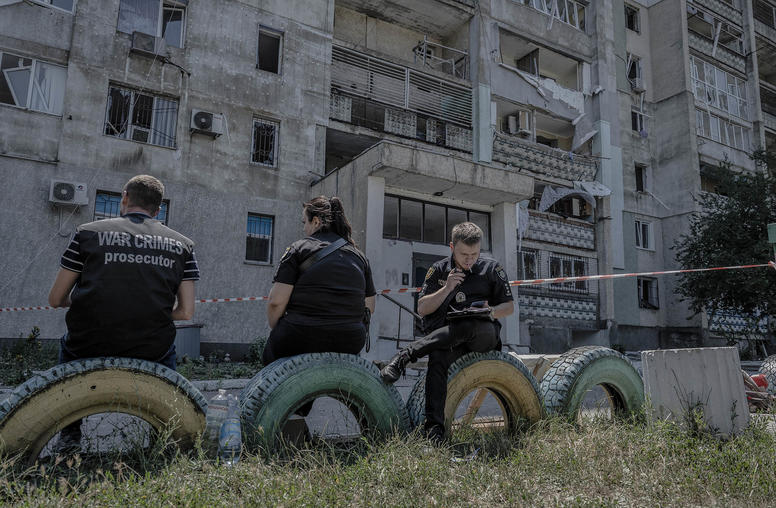
A Look at the Laws of War — and How Russia is Violating Them
In recent weeks, Ukraine’s swift counteroffensive has led to the discovery of yet more heinous acts committed by Russian forces against Ukrainian military personnel and civilians. These add to a growing list of atrocities discovered in towns like Bucha and Irpin. Indeed, as the war has ground on, we have heard a lot about Russia committing crimes of aggression and crimes against humanity, possibly even genocide. The types of crimes are numerous and somewhat confusing. It’s worth taking a moment to sort out the differences between the basic categories of crimes, to better understand what’s happening in Ukraine, and to contemplate what these crimes may mean for the future of world peace.
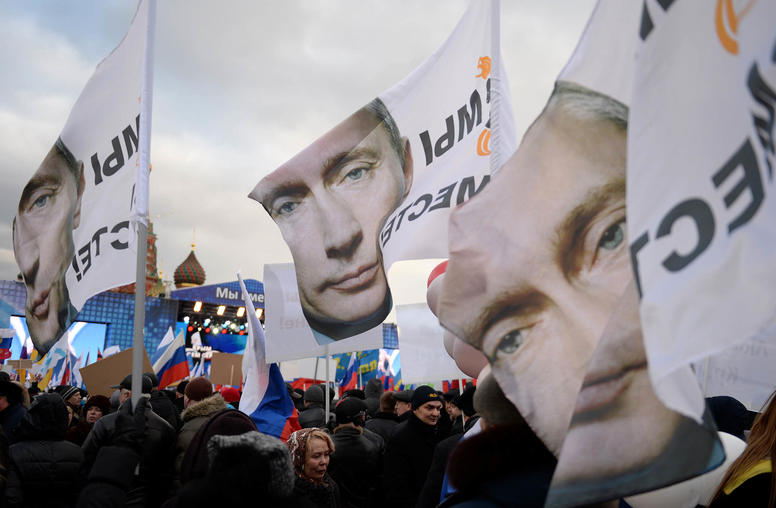
Regime Preservation is Putin’s Primary Concern
Russian President Vladimir Putin and the Russian leadership are not irrational. Their primary goal is regime survival. To date, the Russian military’s poor performance in Ukraine does not present an existential threat to the Putin regime. Neither the Russian military’s failure to decisively defeat the Ukrainian military nor a Ukrainian victory that leads to complete expulsion of Russian forces from Ukrainian territory are likely to topple it.
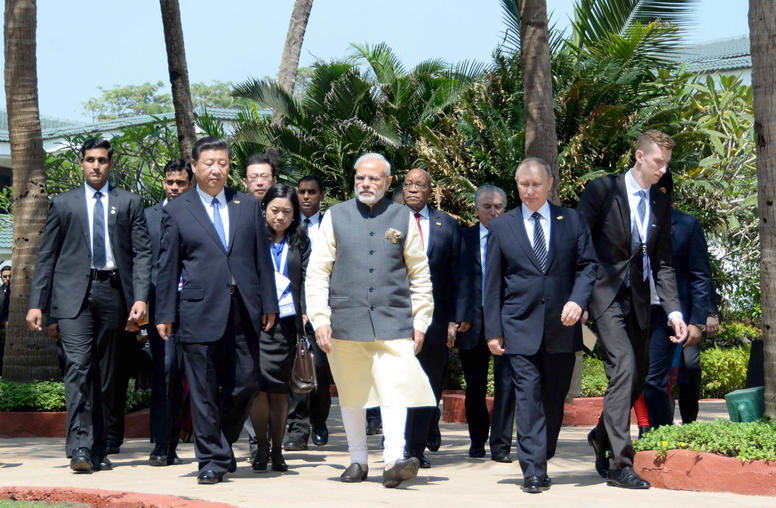
Modi, Putin and Xi Join the SCO Summit Amid Turbulent Times
The Shanghai Cooperation Organization (SCO) resumed in-person summits last week in the wake of the COVID pandemic and at a moment of unprecedent change and challenge. Member states Kyrgyzstan and Tajikistan are at war over their border. So are dialogue partner states Armenia and Azerbaijan. All SCO members are dealing with the economic impact of the Russian war in Ukraine as well as climate disruptions like the floods overwhelming Pakistan. Mistrust between India and Pakistan, full members since 2017, make cooperation difficult on the SCO’s original core mission of counterterrorism. And India and China, which were building toward the “Wuhan spirit” of cooperation when India joined in 2017, are hardly on speaking terms despite recent progress toward deescalating a friction point along their disputed Line of Actual Control.
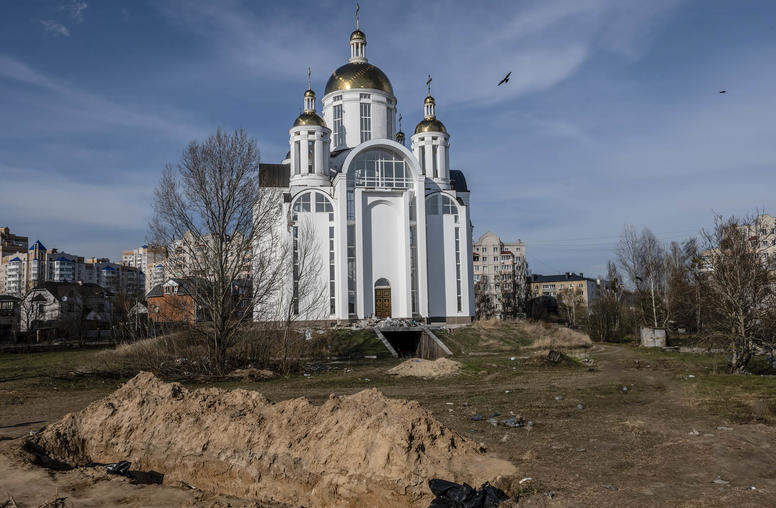
Is Russia Committing Genocide in Ukraine?
Russian troops forced to beat a hasty retreat in Ukraine are leaving behind evidence of war crimes and crimes against humanity. As this body of evidence grows, officials and experts are becoming increasingly convinced that Russia is committing genocide against the Ukrainian people.
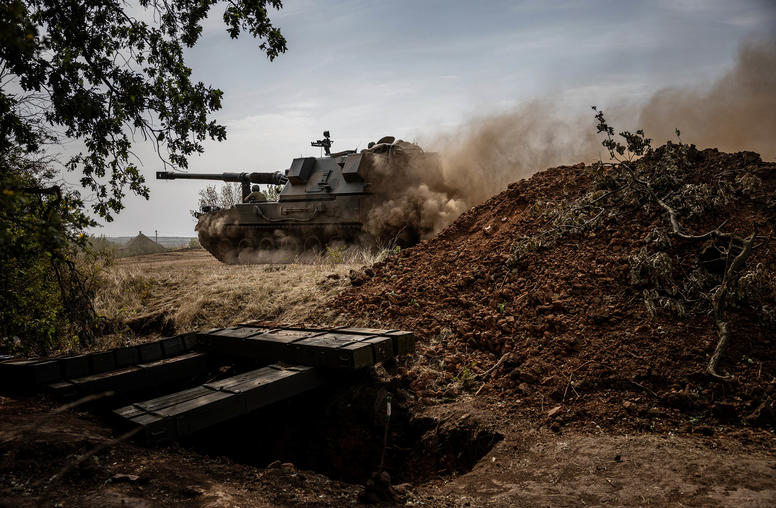
How Ukraine’s Counteroffensives Managed to Break the War’s Stalemate
In recent weeks, two Ukrainian counteroffensives — one in the south near Kherson and another in the east near Kharkiv — have pushed back Russian forces after months of grueling deadlock across the front lines. The eastern Kharkiv attack has been particularly successful, as Ukrainian forces continue to reclaim vast swaths of territory from a seemingly stunned Russian military. USIP’s Mary Glantz examines the resilience of Ukrainian forces thus far, how Ukraine managed to catch the Russian military off-guard outside Kharkiv and Russia’s reaction to what may be a major inflection point in the ongoing conflict.
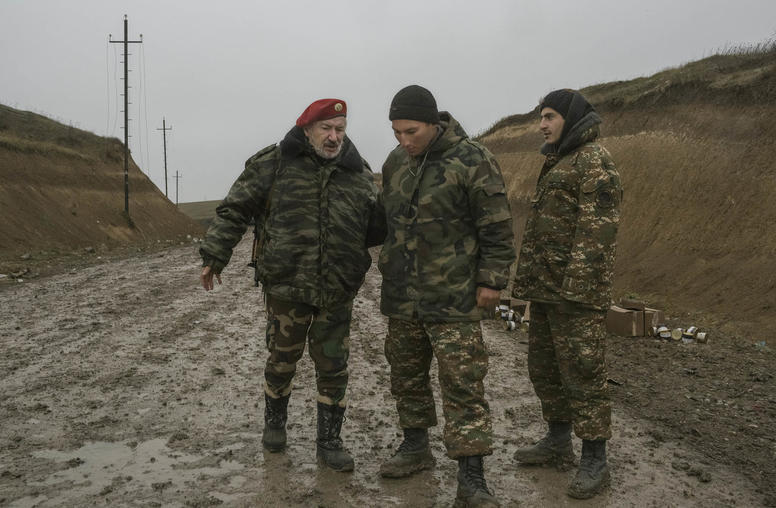
Amid Ukraine War, Armenia and Azerbaijan Fighting Risks Broader Conflict
Armenia and Azerbaijan reported nearly 100 combined deaths Tuesday, in the latest flare-up of violence between the two South Caucasus countries. For decades, tensions have simmered over the disputed Nagorno-Karabakh region, which is controlled by ethnic Armenians and claims independence but is internationally recognized as Azerbaijan’s territory. There are fears that these tensions could boil over into a larger conflagration, like the 2020 Armenia-Azerbaijan war that resulted in over 1,000 casualties. In 2020, Russian President Vladimir Putin negotiated a cease-fire to end the fighting. Today, with Russia bogged down in Ukraine, it is unclear if the Russian leader will be able to achieve a similar result, as regional stability hangs in the balance.
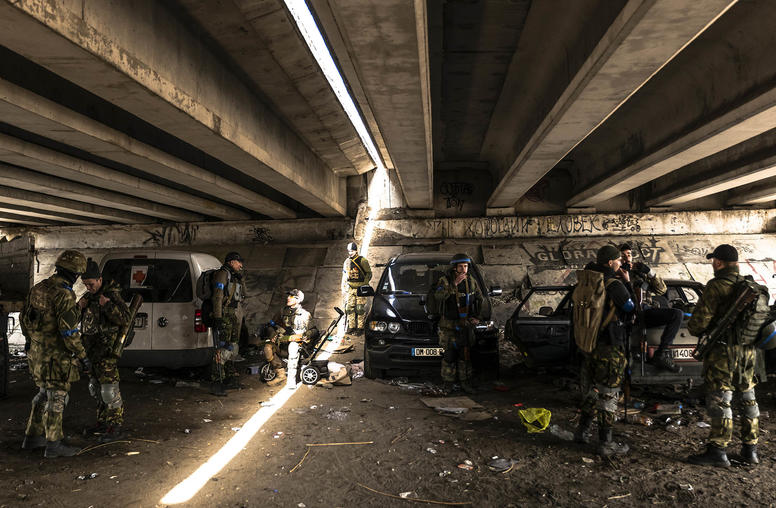
Central Asia’s New Foreign Fighters Problem: The Russia-Ukraine War
Since the start of the current conflict in Ukraine, there have been growing glimpses coming through media reports, social media feeds and personal networks of Central Asian mercenaries and volunteers fighting on both sides of the Russia-Ukraine war. But the emergence of this new foreign fighter phenomenon — less than a decade after thousands of Central Asians joined ISIS in Iraq and Syria — is raising increasing concerns and important questions for Central Asian security. Unlike the phenomenon of Central Asians fighting in Iraq and Syria, the cleavages in Ukraine are much closer to home and echo those in Central Asian society, which makes this mobilization much more divisive internally.
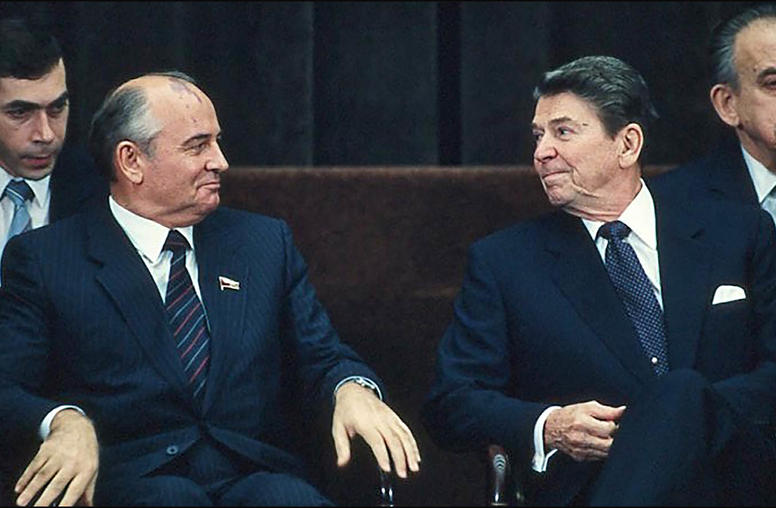
Building Peace with Russia: Lessons from Gorbachev
Mikhail Gorbachev enters history as a tragic figure—a pragmatist who ruled the Soviet Union for 66 months, believing he could save its dysfunctional, Russian-led imperium with liberalizing reforms. Yet Gorbachev’s struggle to humanize the Soviet machine led to its collapse. And while he and his Western counterparts managed to end the Cold War, Gorbachev in his final months watched his successor ignite in Ukraine a catastrophic version of the bloodshed he had labored to avert in Europe. Whenever Russia and the world might rebuild the kind of peacemaking moment that Gorbachev’s pragmatism presented 40 years ago, his legacy will help shape it.
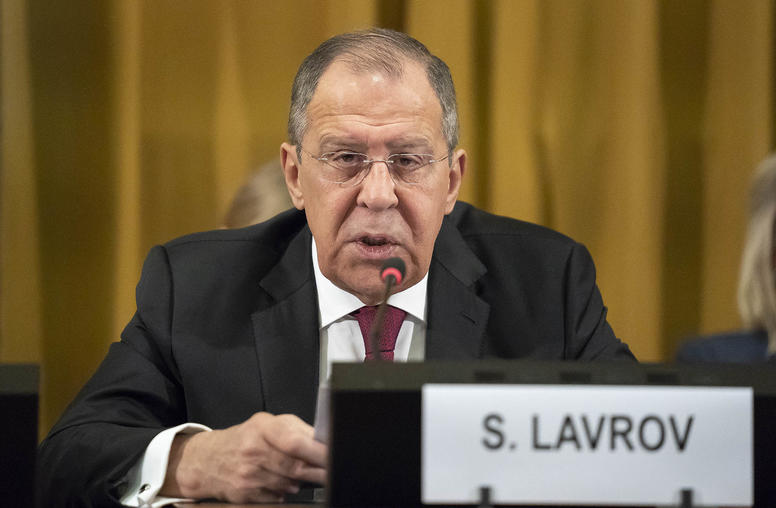
Amid War in Ukraine, Russia’s Lavrov Goes on Diplomatic Offensive
As Russia’s unprovoked and illegal war against Ukraine enters its seventh month, the Russian government continues its diplomatic offensive to prevent more countries from joining international condemnation and sanctions for its military aggression. Between July and August, Russia’s Foreign Minister Sergey Lavrov traveled to Egypt, Ethiopia, Uganda, the Republic of Congo, Myanmar and Cambodia — the last as part of the Association of Southeast Asian Nations (ASEAN) Foreign Ministers’ Meeting. This tour represented an evolving reorientation of Russian foreign policy from Europe to the Global South that has accelerated since Russia’s first invasion of Ukraine in 2014.
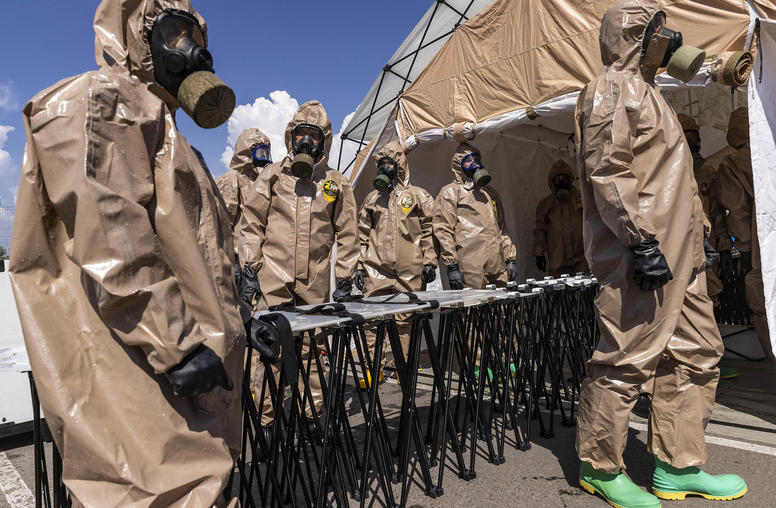
Russia’s New Nuclear Threat: Power Plants as Weapons
Russia’s invasion of Ukraine and occupation of Europe’s largest nuclear power station have triggered the first real-world case of a crisis that security scholars have feared for decades: a threat of radiological disaster from a wartime incursion on an operating nuclear power plant. Russia effectively is using the plant at Zaporizhzhia as a pre-positioned nuclear weapon to threaten and intimidate not only Ukrainians but millions of Europeans across a dozen countries. This is undermining global security institutions in which all countries have a stake, and Russia must join the international community in treating nuclear power plants as demilitarized zones.